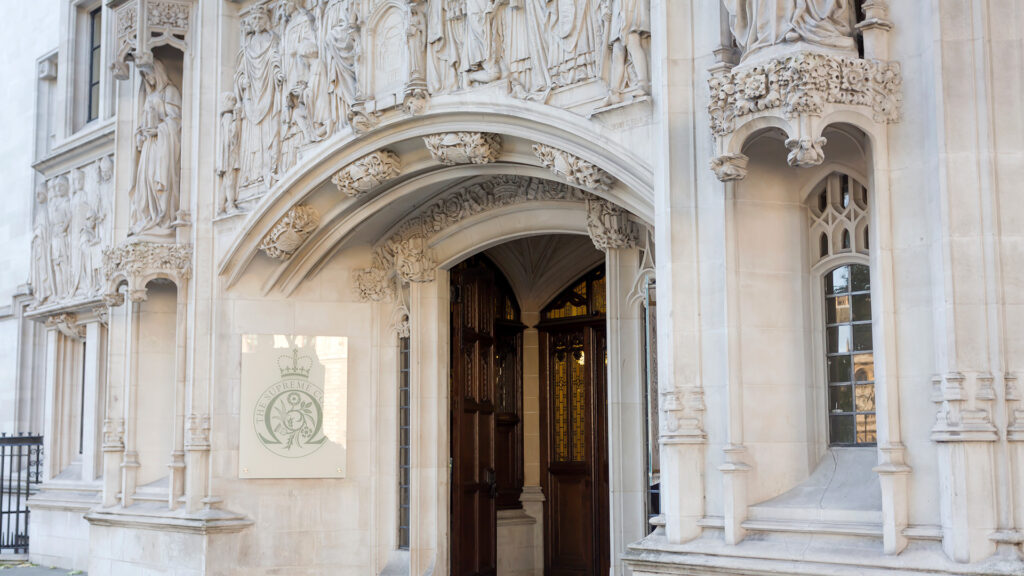
Shipowners need not give charterers five days to pay
This article was first published in Lloyd’s List on 16 January 2013 and is reproduced with their kind permission. www.lloydslist.com.
Recent appeal judgment allows owners to apply immediate pressure in offshore sector.
The English Commercial Court has recently handed down a judgment that will be welcome news for shipowners operating in the offshore sector, according to Holman Fenwick Willan associate Scott Pilkington and partner Paul Dean.
Now owners will be able to put immediate legitimate pressure on charterers to make payment by suspending performance but stopping short of withdrawal.
The case concerns the BIMCO SupplyTime 1989 form of charterparty, in particular its clause stating owners must give charterers five banking days’ notice before suspending performance of the charterparty for non-payment of hire.
In today’s financial climate, it has become more common to see charterers fall behind with payments, Mr Pilkington said.
With five banking days a substantial period in which to continue to operate often-expensive vessels such as pipe layers without guarantee of payment, the industry has keenly awaited the outcome of this case.
In Greatship (India) v Oceanografia de CV1, the commercial court gave judgment on a shipowner’s entitlement to suspend performance for non-payment of hire under clause 10(e) of the SupplyTime 1989 charterparty.
Clause 10(e) stated: “If payment is not received by owners within five banking days following the due date, owners are entitled to charge interest…from and including the due date until payment is received.
“In default of payment…owners may require charterers to make payment of the amount due within five banking days of receipt of notification from owners, failing which owners shall have the right to withdraw the vessel…”
“While payment remains due, owners shall be entitled to suspend the performance of any and all of their obligations hereunder.”
Several times during the charterparty, owners suspended performance for late and non-payment of hire by charterers.
Charterers argued in an arbitration that owners’ suspensions were defective and in breach of the charterparty, because owners were required, either expressly or by an implied term, to give five days’ written notice before exercising this right, and had not done so.
Although the tribunal found in charterers’ favour, this recent case saw owners appeal to the commercial court and win.
Mrs Justice Gloster concluded: “For owners validly to exercise their right to suspend performance of any and all of their obligations under the charterparty pursuant to … Clause 10(e), owners are not required to give charterers five banking days notice of the suspension.”
Mr Pilkington and Mr Dean said: “Clause 10(e) fills a lacuna seen in many other charterparties by enabling owners to put immediate, legitimate pressure on charterers to make payment by suspending performance but stopping short of actual withdrawal.”
“In difficult economic times this is of comfort to owners who require a regular cashflow and do not wish to terminate the charterparty currently being performed.”
Mrs Justice Gloster said she accepted that the right to suspend performance of owners’ obligations might have serious consequences, but noted that the right to suspend was not as draconian as the right to withdraw.
The court also found no commercial reason why owners should be obliged to provide the services of the vessel without payment for a period of seven to eight days, ie because of intervening weekends, before any notice of suspension became effective in circumstances where the charterers have failed to honour their payment obligations.
The court also found that there was no unfairness in not requiring a further notice provision and a further lapse of time before owners could exercise their suspension rights.
The judgment puts it beyond doubt that, under SupplyTime 1989, as soon as hire becomes outstanding owners may suspend performance without notice, Mr Pilkington and Mr Dean said.
“It also emphasises the risk for parties seeking to rely on implied or assumed meanings in what are clearly worded contracts, particularly, as the court acknowledged, when the contract is based on a well-known standard form such as SupplyTime,” they said.
The court denied the charterers permission to appeal.
For more information, please contact Paul Dean, Partner, on +44 (0)20 7264 8363 or paul.dean@hfw.com, or Scott Pilkington, Associate, on +852 3983 7651 or scott.pilkington@hfw.com, or your usual contact at HFW.
Download a PDF version of ‘Shipowners need not give charterers five days to pay’








-1024x576.jpg)


